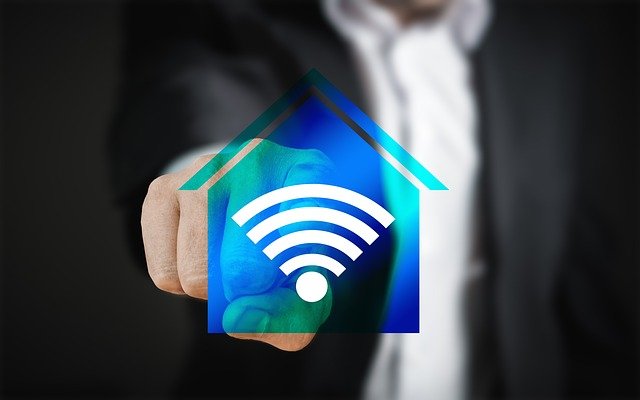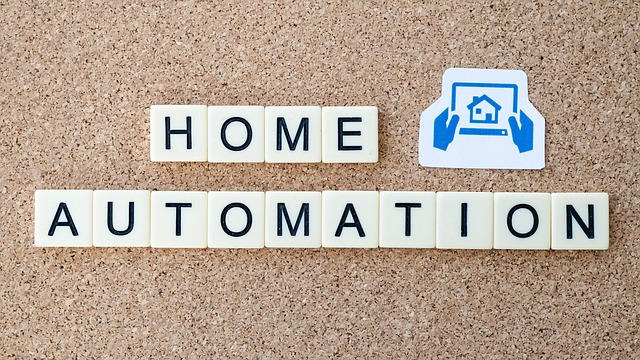Recent political tensions have put a spotlight on the UK’s heavy reliance on fossil fuels, highlighting the necessity to transition to clean, renewable energy. Energy companies must innovate the sector and build a greener energy system.
The key to achieving a cleaner energy system is investing in smart homes to boost energy flexibility. Through the National Grid’s “Demand Flexibility Service” trial, households are already being incentivised to cut their electricity use at peak times by earning money for every unit of energy they save in relation to their normal usage – offering electricity providers greater access to flexibility when demand is at its peak.
However, the UK must look at the larger energy landscape and fully commit to creating a decentralised energy system that considers how energy is stored, generated and distributed, while repositioning the role of the consumer in this greener energy landscape.
© Supplied by Clarity Global
Ed Gunn, Commercial Director at Lunar Energy.
Enabling grid flexibility
Historically, the National Grid has been powered by a small number of large, centralised, power stations that rely on burning fossils. However, in light of the climate crisis and tech innovation, there has been an uptick in decentralised renewable energy resources, like wind and solar farms, which are being incorporated into the grid to replace fossil fuels.
Despite the increased benefits of renewable energy on the grid, integrating it whilst ensuring the grid remains stable is a challenge. The grid requires a delicate balance of supply and demand which the unpredictable nature of renewable energy sources has made difficult to achieve. This is where further flexibility is needed.
More flexibility can be found at the local level, including households and local businesses utilising distributed energy resources (DERs), such as home batteries. These batteries are essential in creating Virtual Power Plants (VPPs), a network of batteries – or other energy assets like EVs – connected together to share energy with the grid to help balance supply and demand. These VPPs can import and export energy when needed to keep the grid in balance to enable more renewable energy sources coming online.
Rethinking the role of the consumer
A decentralised energy system is only a viable option if consumers are placed at the core of this new energy system as demonstrated by The Demand Flexibility Service. However, creating more active participants in the energy landscape can only be achieved if companies support and work with their customers.
Energy companies must look further than smart meters towards existing technology that allows more consumers to make their homes smarter. The mass deployment of distributed energy resources, such as smart batteries, across UK households is a good step in achieving this.
Barriers hindering adoption
The current cost of clean technology is not financially feasible for the majority of UK households. To address this, energy companies must introduce cost incentives that allow customers to benefit from cheaper, greener energy. As is the case in Europe, energy providers need to offer the hardware, such as smart batteries, as part of an “energy as a service” model where the consumer pays no upfront fee and only a flat fee for their energy which is discounted by the operation of the hardware installed in their home.
A lack of collaboration between energy companies and technology providers is also preventing wider adoption of clean technology. To navigate the decarbonisation and digitalisation transition, energy companies need to be more ambitious in how they procure and integrate new technology into their older digital infrastructure and processes. Senior executives within energy companies need to lead this charge and champion the energy transition by facilitating more rigorous engagement with technology providers.
To reduce the carbon impact of UK households and lower consumer energy costs, energy companies, in partnership with clean technology businesses, must push forward with new consumer energy models which are underpinned by hardware and innovative software. Only then, will we be able to create a more sustainable and energy secure future that encourages greater consumer participation in the energy market.



